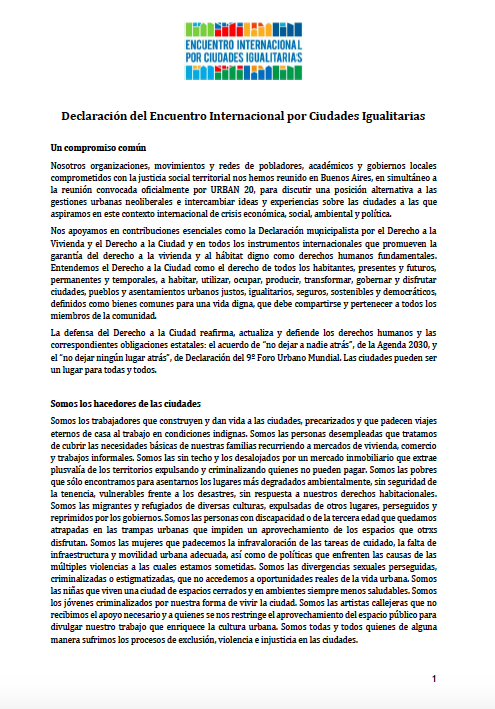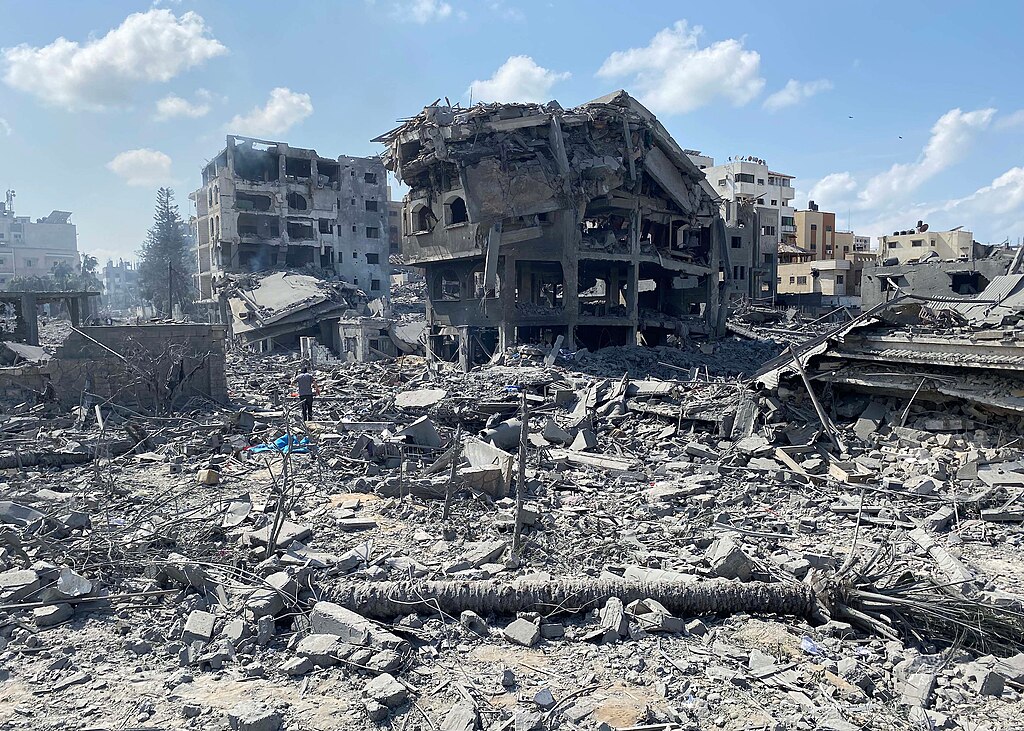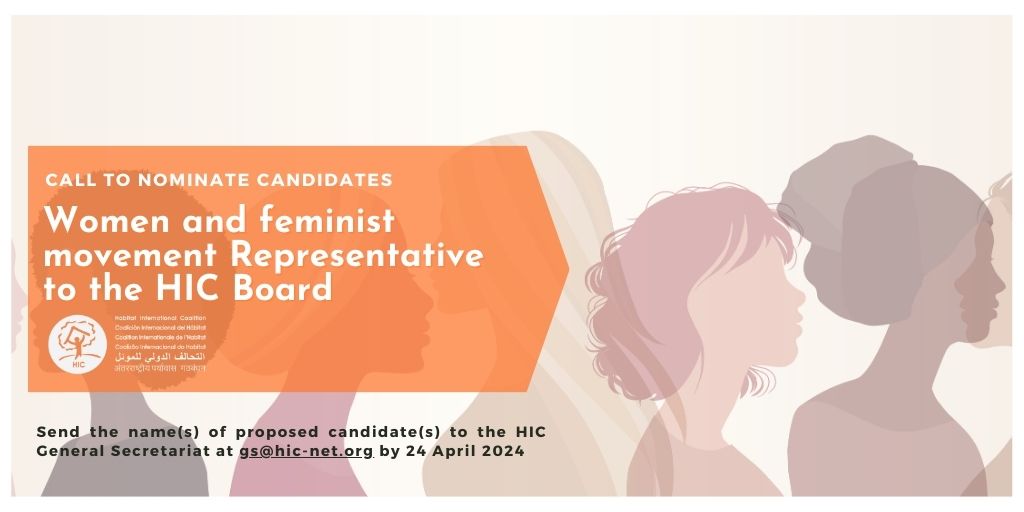Below you will find the exchange between HIC members Nick Volk and Somsook Boonyabanch in regards to the Borie Kila Case in Phnom Penh (Cambodia).
SOURCE:
News from his trip in
Important event in progress in the Borey Keila land sharing project in
You can see here an overview of the situation. For over a month now, UN-Habitat, LICADHO and Mith Samlanh have tried to work with the Municipality to avoid the eviction of up to 200 families, some extremely vulnerable. We supported the municipality in following procedures it had itself set up in 2003. For a few weeks, it looked like we were going to avoid the eviction, and that all families who were eligible for an apartment in the land sharing project would be able to get one. Yet, the process stalled after the April 1st elections and by now, the municipality wants to deny any rights to the poorest families, rights who were yet recognized in 2003. It is extremely important to push for their rights to be heard as, for once, it would mean that some of the poorest families in the informal communities are recognized as existing and as having rights.
If you find it useful, can you please pass around this information, or parts thereof, both for knowledge sharing, and for anyone who could contribute to solve the situation? If you need more or clearer information, please do not hesitate to ask.
Also, for those of you in
Thanks, and best regards to all,
Pierre Fallavier, advisor to UN-Habitat April 17, 2007
Complete document in English attachment: “Land sharing: an innovative means to solve land dispute in urban
SOURCE:
Dear friends in HIC,
I just like to give some more information regarding Borie Kila case.
The whole Borie Kila community was supposed to be evicted for some government program (such as building the stadium and government office etc.) long before 2003 since it was a good piece of government land in the center of the city and squatter settlements have been emerged since after the new Phnom Penh develop during the 80s to the 90s. Before 2003 UPDF (Urban Poor Development Fund) with support of ACHR and SDI have supported communities to be organized having saving activities and together with URC (urban
I think the government keep their promise for this project allright and it has become one of the good possible housing model for the poor although it may not be perfect. They have made the full survey of residents at that time discussed with residents how the land sharing can be organized and which portion of the land can be divided since then. Although we did not involve very closely in this process only the UN Habitat consultant were closely working with municipality but we kept follow it up and help whatever we can do.
Since the government have no budget to invest in this particular housing project for the poor and in making the land-sharing project possible it has to increase the density so they found the solution by getting the private sector to develop the shophouses and use the profit from the commercial shophouses to invest in the poor people housing as well. (similar to the Indian TDR transfer development rights). The private sector agreed to build about 1,100 units of apartments, walk up of 6 storey high, in 10 blocks, about 40 sqm. per unit with the hight of the cieling about 4m, with ground floor of each block open for community centers and market. Community people from the survey can get their rights to these apartments FREE OF SHARGE. The first 3 blocks have finished and people started to move in and inaugurate last month.
Now the problems emerged which become the problems in your note :
1. During 2003-2007, since the approval of land-sharing have been announced and after the survey for the total number of residents been done, after 3-4 years that this difficult process have been developed, there have been many new people moving into the community. They are relatives, renters or people who know about the project in different way. This group will not have the rights which can be a big problem. I cannot remember the figure but it seems like hundreds.
2. another group could be some of those renters who might stay at the time of the survey or later but surely with some reasons their names are not included in the survey. This group might not be too big since the survey at 2003 have been done in a big way and many community leaders have been involved in the process.
3. and there are sellers, people who recieve the rights to stay but the long time and probably feeling of uncertainty have made some of the residents decided to sell their rights to the outsiders. Some become renters and stay in the community again which can make complexity to the situation.
4. Also there are active buyers. The rights to this apartment means they can sell at 5,000-10,000 US$ at least. There is a clear market value and a very big market of housing needs and demand for all the income groups in
So these are some facts from what I know that I would like to contribute. I think Borie Kila project has made some important housing for the poor in the heart of
But this is our poor country fellow who have passed the genocide incident and the civil wars and have just started real country development again in past two decades. The country have started new democratic election in 80s with difficulties in finding ways to make the government and public system to work and internally reconcile. Most
professionals were dead during Polpot regime so they have to get new generation of Cambodians to know how to work. Only about in the last 5-10 years where government is more stable that they want development in the city to be implemented. Any city development either cutting new street, enlarging existing street, etc.,.will cause eviction to some existing urban poor communities which spreading all over the city, more than 500 locations. I think there are lots of problems definitely but they may need us to help them think how to do as well.
As from ACHR we will definitely visit the group who do not have rights to the apartment mentioned in your note and will try to find ways to discuss with people and the municipality and will let you know the progress as much as we can do.
With best regards
Somsook




